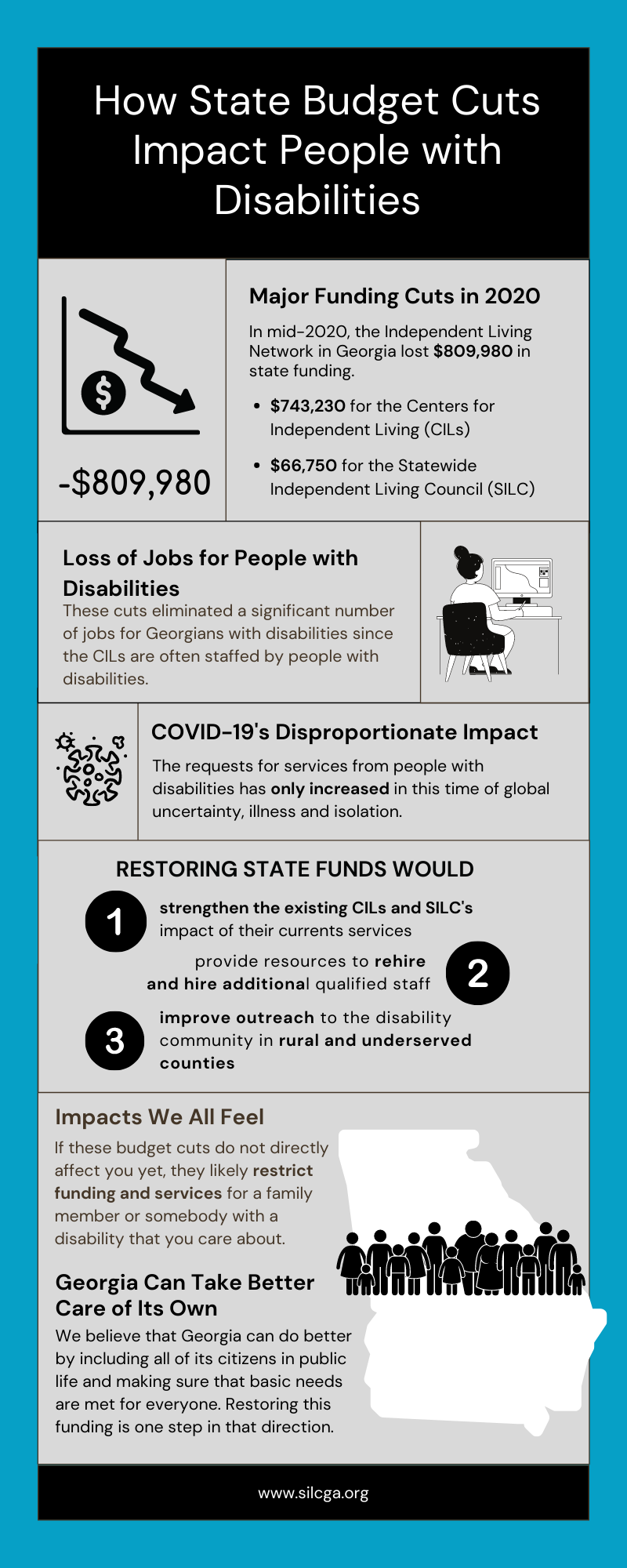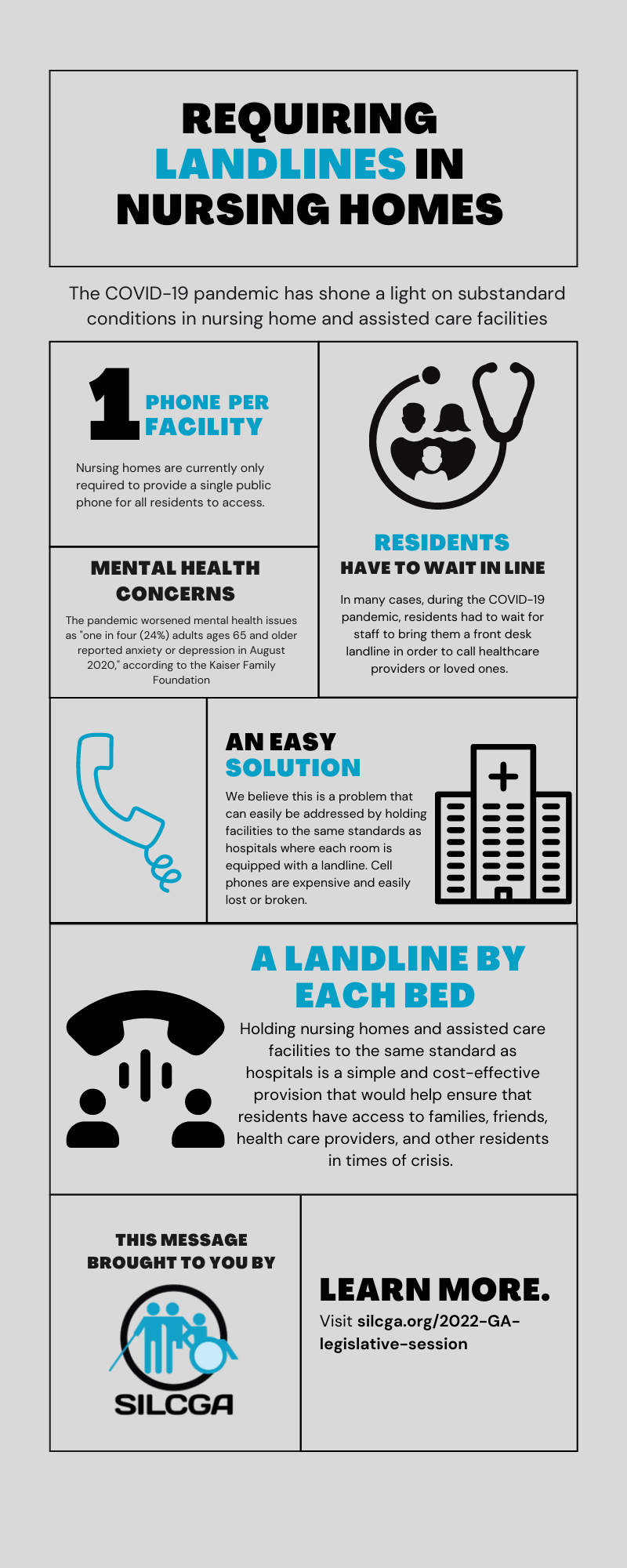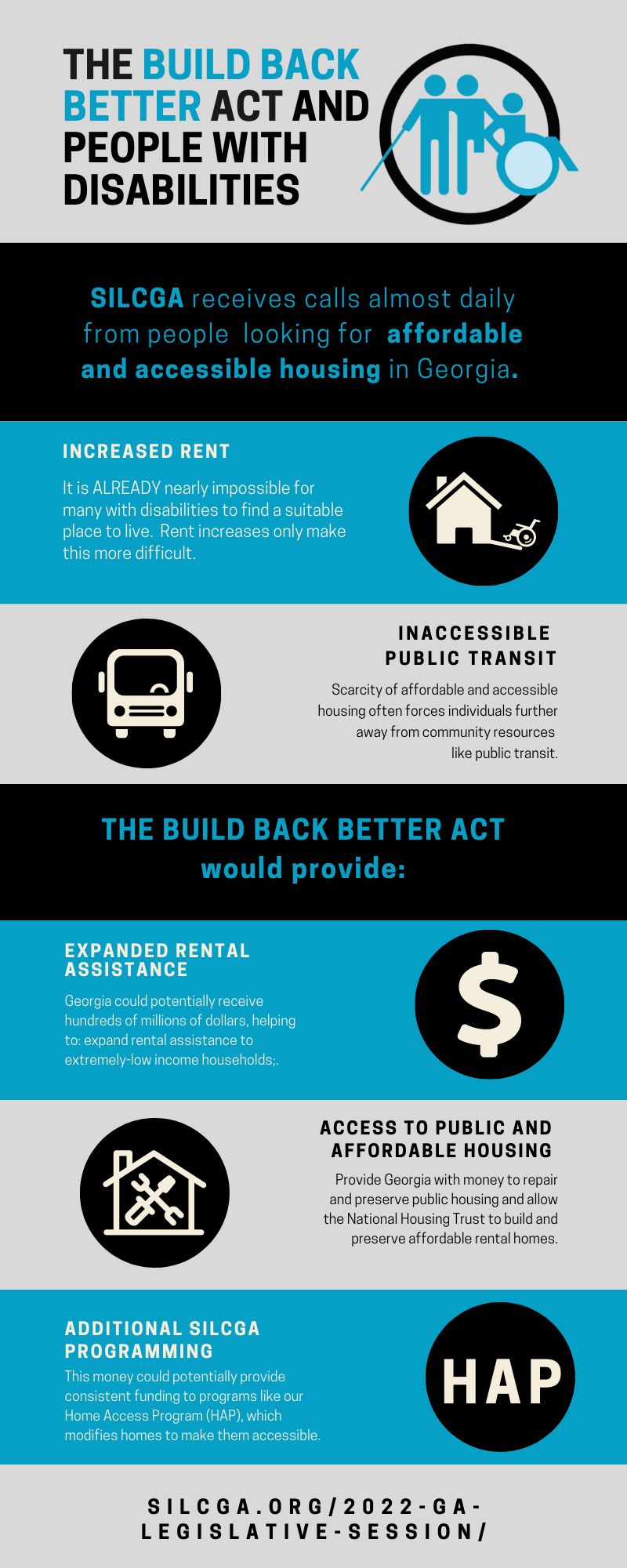During the Covid-19 pandemic, many residents of nursing homes were not able to easily access telephones while under shelter-in-place restrictions. This lack of access created widespread inhumane conditions during a public health crisis for an already at-risk population. If left unaddressed, this situation will certainly repeat itself. Even in normal conditions, this lack of easy access to telephones creates an unnecessary barrier for basic social engagement for a population vulnerable to social isolation and depression.
We believe that this problem has a simple solution: requiring nursing homes to provide a landline phone for each resident bed.
Nursing homes and assisted care facilities are currently not required to meet the same standards as hospitals regarding individuals’ access to telephones. Hospitals are mandated to provide a landline for each patient bed, whereas nursing homes are only required to provide a single public phone for all residents to access.
This deficiency in nursing home standards came into sharp focus during the height of the Covid-19 pandemic. Necessary shelter-in-place guidelines protecting residents’ health and safety also unfortunately disrupted the daily social interactions and routines of residents. The feelings of distress, isolation, and uncertainty the entire population experienced were exacerbated for nursing residents who were even further isolated and faced much higher mortality risks with Covid.
In the midst of these already taxing and frightening conditions, nursing home residents frequently did not have easy telephone access. In many cases, residents had to wait for staff to bring them a front desk landline in order to return a call. This approach was also an ineffective and burdensome addition to an already overworked and at-risk staff.
Even in normal conditions, it has been proven that socialization is necessary for human beings to maintain normal levels of health. According to Mayo Clinic Minute, “socializing not only staves off feelings of loneliness, but also it helps sharpen memory and cognitive skills, increases your sense of happiness and well-being, and may even help you live longer.” Interaction is even more crucial for individuals living in nursing homes due to the fact they are at a greater risk for depression. The Kaiser Family Foundation reports that the pandemic increased mental health issues with seniors with “one in four (24%) adults ages 65 and older reported anxiety or depression in August 2020.” Seclusion of residents may not be permanent, but the results may be long-term.
In addition to the social and mental support normally provided by access to telephone communication, the lack of access to phones is particularly dangerous during a period where quick decisions are frequently required to protect nursing home residents’ health and safety.
We believe this is a problem that can easily be addressed by requiring each individual room be equipped with a landline.
Although individual cell phones may seem like a good option, they are cost prohibitive for some. However, even in cases where residents have cell phones, they are more susceptible to being stolen, damaged or misplaced, making them a less reliable means of communication.
We believe that all federally and state-funded nursing homes be required to provide landlines in all rooms to each bed. Current Department of Community Health policy says that “a public phone must be available in the lobby and accessible for a wheelchair user.” We believe this is insufficient. Rather than a single phone for all residents to use, nursing homes and assisted care facilities should be required to meet the same standards as hospitals, which mandates one phone be accessible for each bed in the facility.
This simple and cost-effective provision would help ensure that residents have access to families, friends, health care providers, and other residents in times of crisis. This will promote healthy and humane conditions for residents and reduce the strain on the nursing center staff.
Additional Resources
The Effects of COVID-19 Among the Elderly Population: A Case for Closing the Digital Divide (nih.gov)
One in Four Older Adults Report Anxiety or Depression Amid the COVID-19 Pandemic | KFF
Statement_for_the_Record-A_National_Tragedy-COVID-19_in_the_Nations_Nursing_Homes.pdf (theconsumervoice.org)
Mayo Clinic Minute: The benefits of being socially connected – Mayo Clinic News Network
Nursing Homes 111-8-56 Final 2-16-17.pdf
GA R&R – GAC – Rule 111-8-56-.18. Physical Plant Standards



